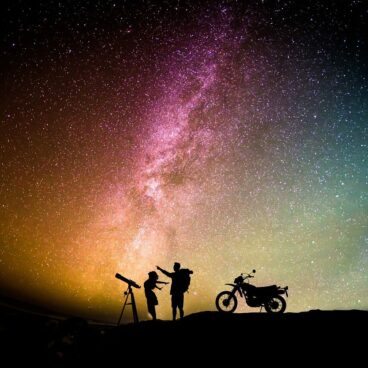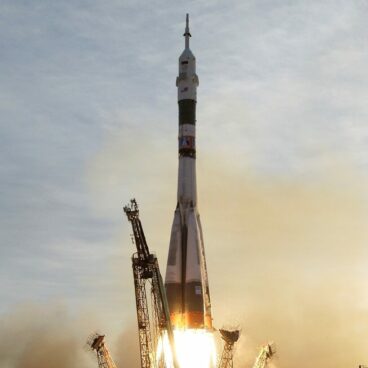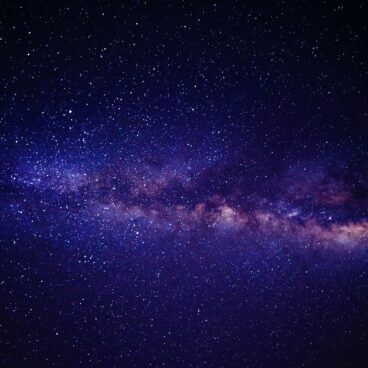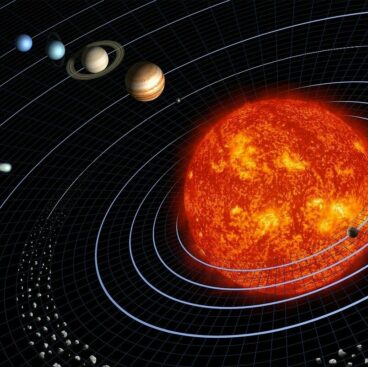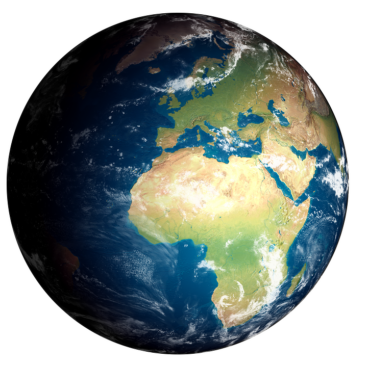Chip Bee Science Play Dates
天外有天,山外有山 beyond the heavens, there are ever more heavens. Stay curious!
Planets, Stars and Moons
A craft filled, action packed session exploring both our planet and celestial neighbourhood awaits us this week. Two books will be introduced; “My First Planet”, and “Planet Earth”. We build rockets and explorer flight, learn about the planets in our solar system, and play with an Earth globe to explore the different corners of the Earth that hosted our families and cultures.
Our lesson will start with 10 minutes of free play at pre-set stations, then delve into our first book; “My First Planet”. We then introduce and play with the planets. Each child then has the chance to create their very own sun, and we explore regular activities such as the counting mat (this time with planets) to help them integrate new concepts and continue reinforcing weekly skills. This week also involves group play, where the children can work together to investigate our world. “The Planet Song” and “Twinkle Twinkle Litttle Star” (movements available here).
